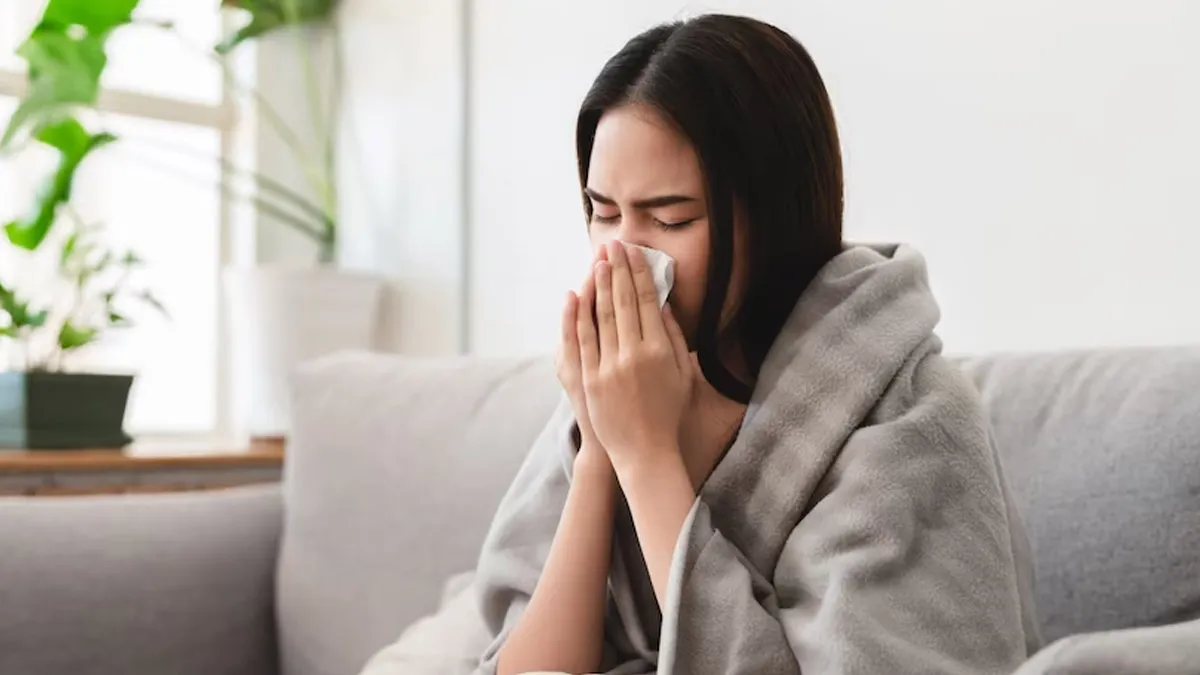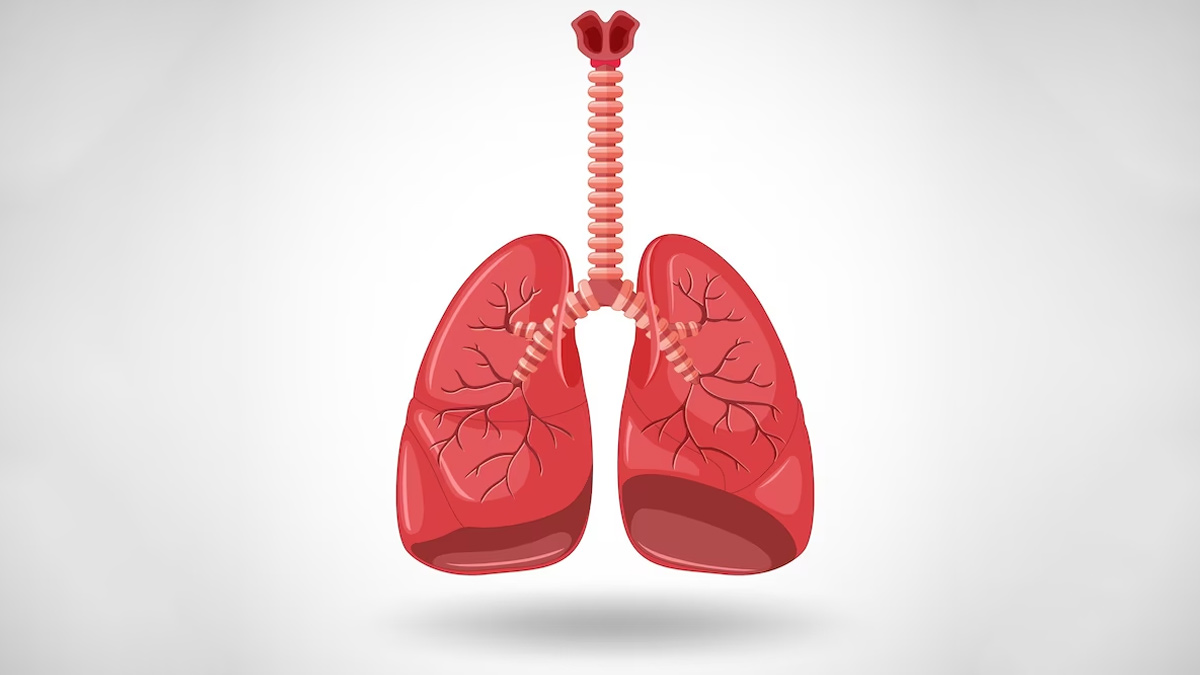
As India transitions into the cooler months, Bengaluru particularly has witnessed a marked increase in flu-like symptoms and respiratory infections among its residents. This surge in seasonal illnesses, including influenza, asthma, bronchitis, and other respiratory ailments, has become a growing concern for the public. One of the prime causes of this is that colder temperatures drive people indoors, which increases their exposure to airborne irritants like dust, mould, and pollutants from cooking or incense. These in turn worsen respiratory issues, particularly for those with pre-existing conditions.
Table of Content:-
Speaking to Onlymyhealth, Dr Devendra Kumar Singh, Senior Consultant and HOD in Respiratory Medicine at Sharda Care—Health City, Greater, said, “Cold air also irritates sensitive airways, triggering asthma or bronchitis in vulnerable individuals.” Our expert explains the factors driving this rise and suggests that adopting preventive measures can help mitigate the risks.
What’s Causing The Spike?
Several factors are contributing to the heightened prevalence of flu and respiratory infections in Bengaluru:

1. Weather Changes
The drop in temperature and increase in humidity during winter create favourable conditions for viruses and bacteria to thrive which increases the susceptibility of encountering respiratory infections.
2. Air Quality Concerns
Bengaluru’s or any urban city’s air quality often deteriorates during this time of year due to increased vehicular emissions and the accumulation of particulate matter, exacerbating respiratory issues.
3. Lifestyle Patterns
Crowded spaces, festive gatherings, and limited ventilation in homes and offices during cooler months can facilitate the spread of infections.
4. Weakened Immunity
Seasonal changes can affect immunity, making individuals more susceptible to infections.
Common Symptoms To Watch For
“It’s important to recognise the symptoms of flu and respiratory infections early to seek timely care,” noted Dr Singh. Common indicators include:
If symptoms persist or worsen, it’s advisable to consult a healthcare professional promptly.
- Fever and chills
- Persistent cough
- Nasal congestion or runny nose
- Sore throat
- Shortness of breath or wheezing
- Fatigue and body aches

Also Read: Expert Explains When You Need To Nebulise In Case Of Respiratory Problems
Tips To Stay Safe And Healthy
Here are expert-approved steps to safeguard yourself and your loved ones from flu and respiratory illnesses:
1. Get Vaccinated
Annual flu vaccinations are one of the most effective ways to reduce the risk of infection. The CDC recommends that everyone older than six months should get a fly shot every month.
2. Maintain Good Hygiene
Regular handwashing with soap and water can prevent the spread of germs. Use hand sanitiser when soap isn’t available.
3. Wear Masks In Crowded Spaces
Masks not only protect against COVID-19 but also reduce exposure to airborne viruses and pollutants.
4. Boost Immunity
Include immune-boosting foods in your diet, such as citrus fruits, leafy greens, nuts, and seeds. Stay hydrated and consider vitamin supplements if needed.
5. Avoid Close Contact With Sick Individuals
Practice social distancing and avoid sharing personal items with those who are unwell.
6. Improve Indoor Air Quality
Use air purifiers and ensure proper ventilation in your home and workspace.
7. Stay Active
Regular physical activity can strengthen your immune system and improve lung function.
8. Monitor Air Quality Levels
Keep track of your city’s air quality index (AQI) and avoid outdoor activities when pollution levels are high.
Conclusion
The rising cases of flu and respiratory infections in Bengaluru serve as a timely reminder of the importance of preventive healthcare. By staying informed and adopting healthy practices like getting vaccinated, maintaining good hygiene, wearing masks in public places and monitoring AQI levels, residents can navigate this challenging season more safely. Remember, a proactive approach is the key to protecting your health and the well-being of those around you.
Also watch this video
How we keep this article up to date:
We work with experts and keep a close eye on the latest in health and wellness. Whenever there is a new research or helpful information, we update our articles with accurate and useful advice.
Current Version